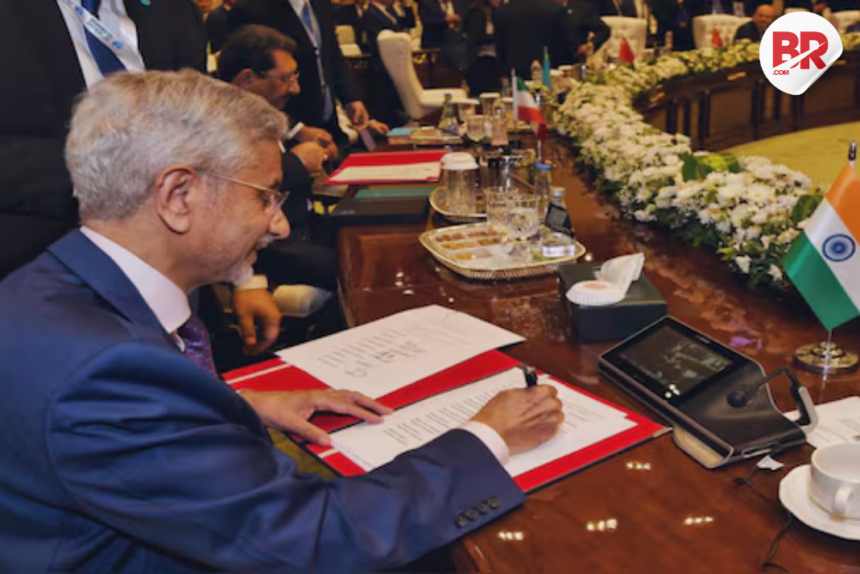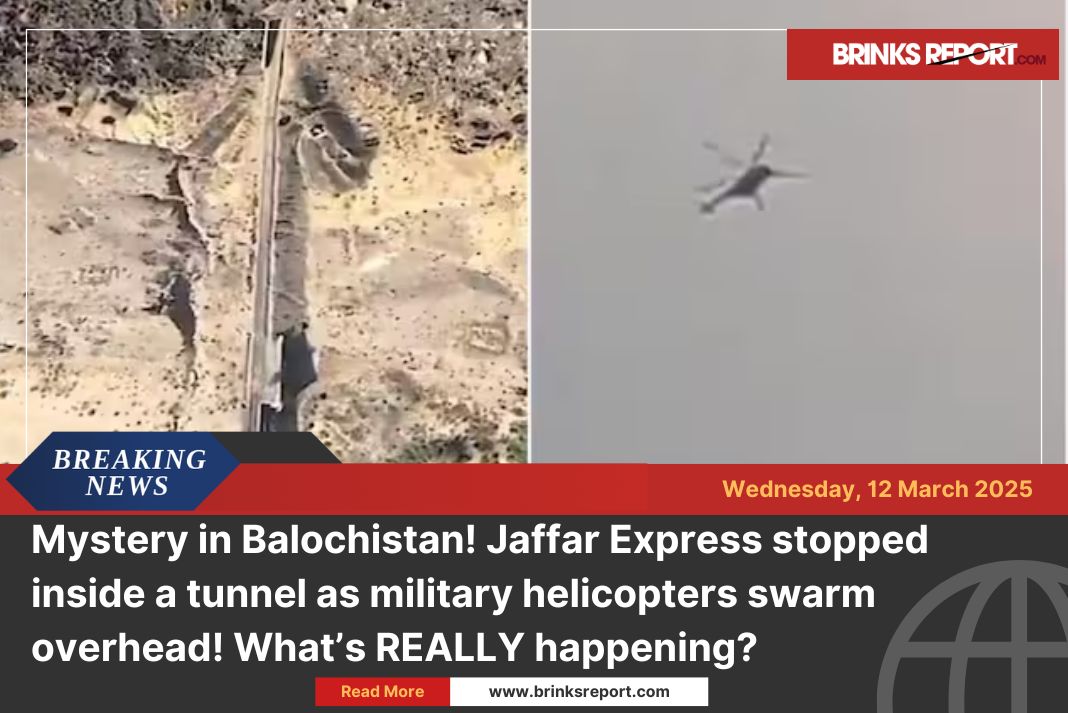
On May 10, 2024, India and Pakistan agreed to a ceasefire after three tense days of cross-border conflict. This followed India’s airstrikes on terror camps in Pakistan and Pakistan-Occupied Kashmir, a response to the brutal Pahalgam terror attack that claimed 26 innocent lives.
But here’s the kicker: while the Trump administration and Pakistan quickly credited the United States for brokering peace, India’s External Affairs Minister Dr S Jaishankar wasn’t having it.

In a clear, no-nonsense interview with the German newspaper Frankfurter Allgemeine Zeitung, he dismissed the idea that the US played any significant role.
What Really Happened?
Dr Jaishankar explained that the US, including figures like Senator Marco Rubio and Vice President JD Vance, expressed concern about the conflict. But their involvement was limited to diplomatic outreach — nothing more. The real message from New Delhi was simple and direct: Pakistan must tell India they want peace.
That message had to come straight from their military leaders, and only then would India agree to stop.
This is a crucial detail. It shows India’s strength and clarity of purpose. The ceasefire didn’t happen because Washington said so. It happened because Pakistan realized it was losing the game and their generals reached out to stop the fight.
Also Read Bilateral, Not Boastful: Jaishankar Fact-Checks Trump’s Ceasefire Fantasy—Again
No Nuclear Threat, Just Precision Strikes
When asked if the world was close to a nuclear disaster, Dr Jaishankar was “astonished.” He emphasized that India’s strikes were “measured” and “carefully considered” — aimed solely at terror targets, not escalation. India disabled Pakistan’s air defenses and stopped the firing only after Pakistan’s military asked to halt.
India sent a powerful message: Terrorism will come with a heavy price. But India stayed firm and avoided any reckless escalation. “At no point was a nuclear level reached,” Jaishankar said.
This episode shows India’s growing strength on the world stage. We don’t wait for foreign powers to solve our problems. We act decisively and demand respect. It also exposes the habit of some outsiders to sensationalize India-Pak relations, wrongly assuming nuclear catastrophe lurks around every corner.
The truth is, India is leading with smart power and strategic clarity. And that’s a story worth telling loudly.
The ceasefire marks not just a pause in fighting, but a clear signal to terror groups: India is ready to act, and it won’t back down. For ordinary Indians, it means a safer homeland and a government that doesn’t sugarcoat threats.
As Dr Jaishankar rightly said, “There is a narrative as if everything in our region leads to nuclear war. That disturbs me because it encourages terrorism.” If anything, nuclear risks are higher elsewhere.
Also Read Jaishankar: India Was Right—Peace Won’t Come from Battleground in Russia-Ukraine War












